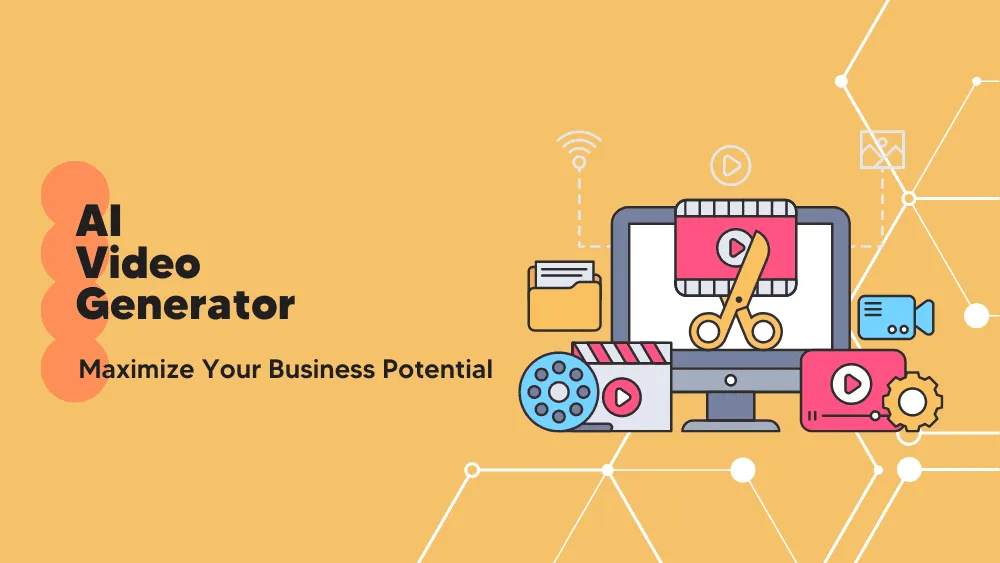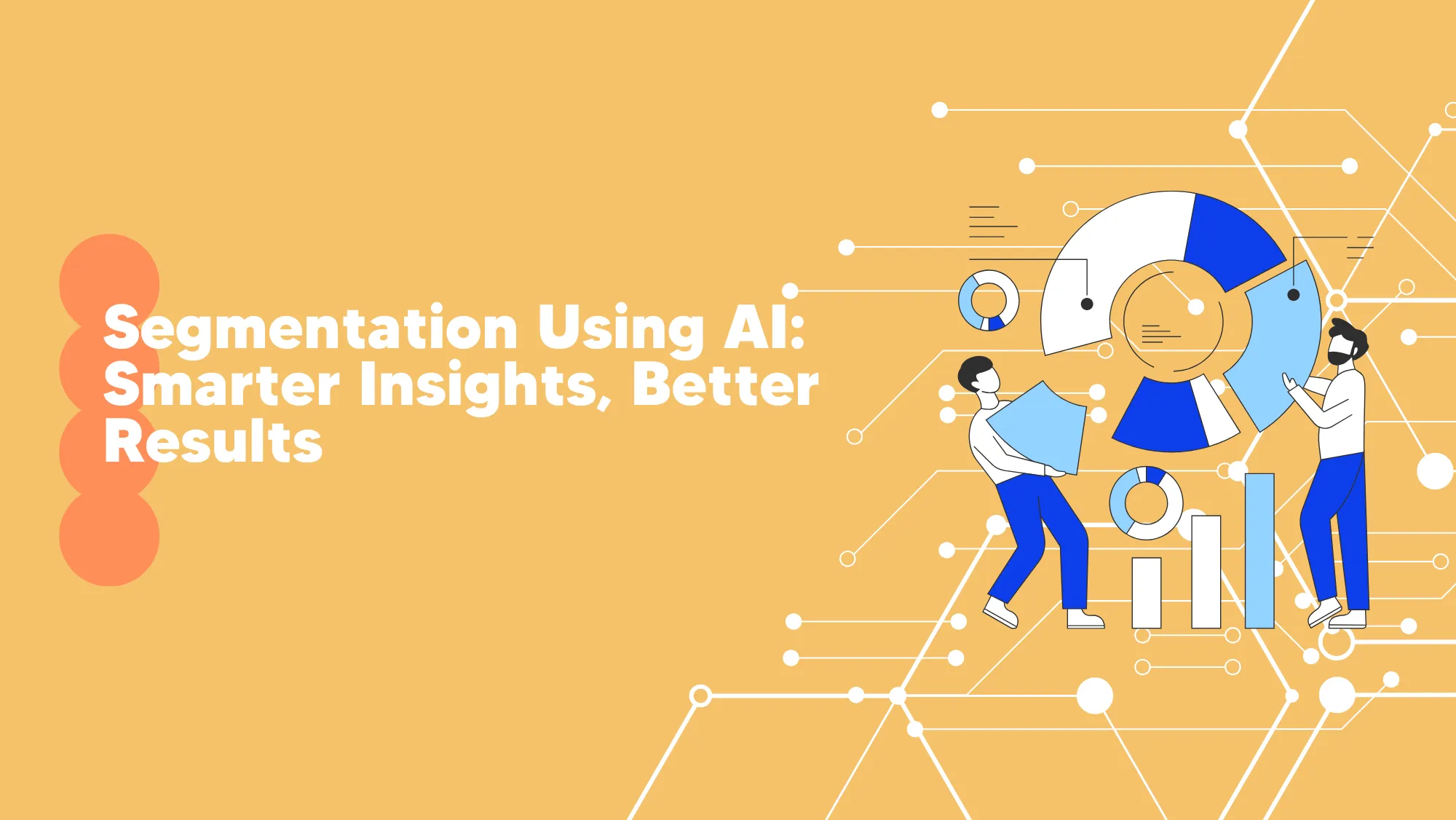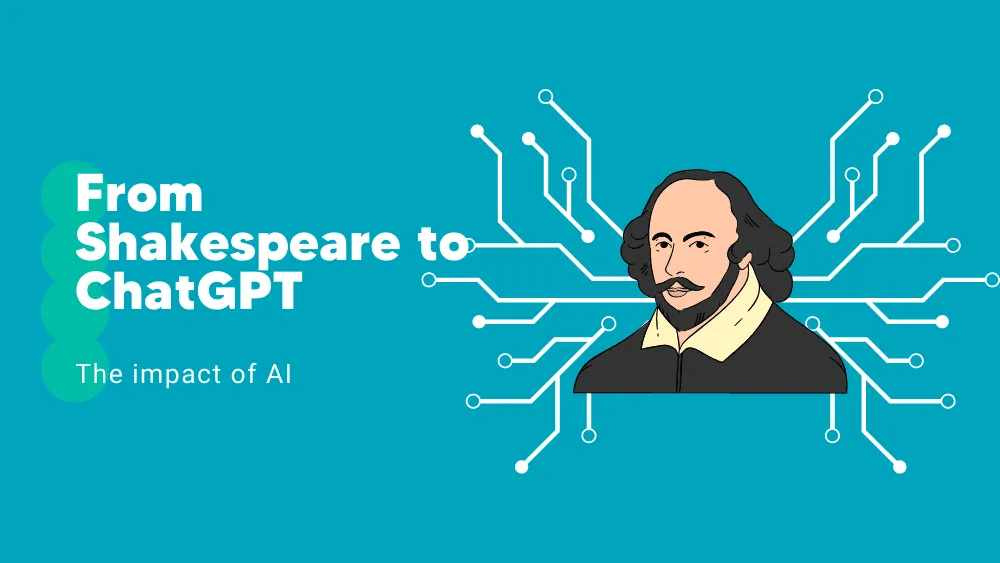Imagine walking into a store and being greeted by name or unlocking your smartphone in a moment. What once seemed like the stuff of sci-fi movies is now a reality, thanks to facial recognition software. This groundbreaking technology has evolved far beyond its early applications, becoming a cornerstone for security, personalized customer experiences, and social media filters.
What is Facial Recognition Software?
Across several industries, facial recognition technology has revolutionized how we approach efficiency, security, and personalization. From improved security to smooth customer interactions, the best facial recognition software delivers accurate and dependable solutions by combining advanced artificial intelligence and machine learning.
This technology operates by recognizing distinctive facial traits, like the space between the eyes or the contour of the cheekbones, and comparing them with previously saved face prints. However, choosing the ideal software could be challenging with so many possibilities. In this post, we’ll look at different applications for facial recognition software, its importance, and some of the best choices now available.
Knowing how facial recognition technology operates can help you choose the best option, whether you need a simple app for daily convenience or a robust system for the highest level of security. Explore this innovative technology in more detail to see how it can revolutionize our way of life and work.
Benefits of Facial Recognition Technology
Many benefits make facial recognition technology a vital tool for contemporary leaders, businesses, and regular citizens. This technology is changing how we engage with the outside world by improving security, expediting procedures, and providing individualized experiences. Let’s examine some of its main benefits and practical uses.
Security
The potential of facial recognition technology to increase security is one of its main advantages. It helps stop illegal access to safe places, gadgets, and private information by accurately identifying people. As example:
- Fraud Prevention: To lower the danger of identity theft, banks and other financial institutions use facial recognition technology to confirm customers’ identities when they trade online.
- Surveillance: Authorities depend on surveillance to monitor public areas, identify possible dangers, and support criminal investigations.
Streamlined Identification Processes
Identification procedures in many kinds of businesses are accelerated by facial recognition technology:
- Access Control: Staff members can safely and swiftly access restricted locations or log onto systems without requiring actual keys or passwords.
- Travel and Immigration: To improve travel efficiency, airports have implemented facial recognition technology to speed up passenger check-ins and simplify border control procedures.
Improved Customer Experience
Modern consumer experiences are centered on personalization, and facial recognition is essential to delivering it:
- Retail: Using facial recognition technology, stores may recognize returning clients, customize product recommendations, and run specific offers.
- Hospitality: By identifying regular visitors, hotels can provide a more personalized and friendly check-in experience.
Real-World Applications
The versatility of facial recognition technology extends to industries such as:
- Healthcare: Hospitals use it to improve patient identification, ensure that medical records are correctly matched, and reduce errors.
- Education: Facial recognition systems help automate attendance tracking and enhance campus security.
Top Features of the Best Facial Recognition Software
If you need help choosing a good facial recognition app, ticking up some important features will help you understand which product is right for you.
High Accuracy and Reliability
The most effective facial recognition algorithms can identify people with remarkable precision, especially in difficult situations like low illumination or at an angle. Accurate identification across a range of demographics relies on complex algorithms that can discern tiny differences in face features.
Why It Matters: High accuracy minimizes false positives and negatives.
Scalability
A top-notch facial recognition solution should scale seamlessly with your needs, whether you’re a small business or a global enterprise. Scalability includes the ability to:
- Handle increasing volumes of data as your database grows.
- Process multiple face identifications in real time for significant events or high-traffic environments.
Why It Matters: A scalable system ensures your software remains effective as your organization expands.
Real-Time Analysis and Processing
Real-time facial recognition enables instant decision-making, which is vital for applications like:
- Surveillance: Detecting and alerting security teams about unauthorized individuals in restricted areas.
- Customer Engagement: Providing immediate, personalized experiences in retail or hospitality settings.
Why It Matters: Real-time capabilities ensure your system reacts quickly to situations as they happen.
Integration Capabilities
Your current technologies, such as security cameras, mobile apps, CRM platforms, should all work seamlessly with the best facial recognition software. Features to look for include:
- API support for custom integrations.
- Compatibility with various devices and operating systems.
Why It Matters: Seamless integration saves time and resources while maximizing the technology’s impact.
Practical Advice for Selecting the Right Solution
When assessing facial recognition software, take into account:
- Your Situation: Determine your company’s unique requirements, whether they involve productivity, customer involvement, or security.
- Trial Runs: Evaluate the software’s usability and performance in real-world situations.
- Vendor Credibility: Select a supplier with a solid track record and strong customer service.
You can choose a facial recognition system that satisfies your current requirements and also grows with you to meet new ones by focusing on these aspects.
Best Facial Recognition Software and Apps for 2024
Clearview AI
A highly accurate tool used for law enforcement and government agencies, Clearview AI boasts a massive database of over 30 billion facial images sourced from public websites. Its AI-driven matching system ensures rapid identification.
- Pricing: Enterprise-level pricing (custom quotes available).
- Use Cases: Ideal for public safety, law enforcement, and security investigations.
Amazon Rekognition
Provides video analysis, person tracking, and facial recognition. Large-scale real-time image and video analysis is within Amazon Rekognition‘s capabilities.
- Prices: start at $0.001 per image and are pay-as-you-go.
- Use cases: include media content analysis, retail insights, and security monitoring.
Luxand
Luxand is a flexible facial recognition SDK and API that detects age, gender, and mood. It works with various systems, such as Windows, iOS, and Android.
- Pricing: Free trial; pricing starts at $19 for lite plans and $99/year for basic plans.
- Use Cases: Biometrics, game apps, and app creation.
TrueKey by McAfee
TrueKey is a password manager that provides safe access using facial recognition technology. For the highest level of data protection, it employs multi-factor authentication and AES-256 encryption.
- Pricing: Free for up to 15 passwords; premium plans at $19.99/year.
- Use cases: Safe logins and personal password management.
Face++ (by Megvii)
- Pricing: Free for up to 15 passwords; premium plans at $19.99/year.
- Use cases: Safe logins and personal password management.
Features: A developer-friendly facial recognition platform, Face++ offers face detection, body recognition, and even gesture detection. Its facial attribute analysis includes age, gender, and expressions.
- Pricing: Free trial available; custom pricing for enterprise solutions.
- Use Cases: E-commerce, smart home devices, and mobile apps.
Challenges and Ethical Considerations
Facial recognition technology offers great potential but comes with key challenges that businesses must navigate responsibly.
Privacy Concerns
Because facial recognition involves collecting private biometric information, there is a risk of data breaches or illegal exploitation.
Solution: Secure data using encryption, respect privacy regulations such as GDPR, and be open and honest about how you utilize data.
AI Algorithm Bias
Biases present in training data might be reflected in AI systems, producing unfair results or inaccurate results.
Solution: Use a variety of datasets, perform routine system checks, and collaborate with impartial specialists to guarantee equity.
Regulatory Issues
Evolving laws on data protection and AI create compliance hurdles for businesses.
Solution: Stay updated on regulations, consult legal experts, and design adaptable systems.
Possible Abuse
Profiling and mass monitoring are two examples of unethical uses for facial recognition technology.
Solution: To stop abuse, establish explicit guidelines, restrict use cases, and put oversight in place.
Future Trends in Facial Recognition Technology
Facial recognition technology is developing quickly due to its fascinating advancements that have the potential to revolutionize industries and improve user experiences. Here is an overview of what lies ahead:
Real-Time Analytics
Advanced systems enable instant facial data analysis, making it possible to identify individuals or detect patterns in real time.
Impact: Industries like retail and security can act immediately, offering personalized promotions or responding to potential threats.
Emotion Detection
Emotion detection is being combined with facial recognition to enable algorithms to interpret human emotions from microexpressions.
Impact: Companies can utilize this technology to enhance customer service by customizing responses according to a user’s emotional state.
Integration with AI-Powered Tools
AI technologies such as voice recognition augmented reality (AR), and Internet of Things (IoT) devices are rapidly being integrated with facial recognition.
Impact: Immersion gaming, virtual assistants, and smart homes will all become more user-friendly and customized.
Security Features
Upcoming advancements focus on stronger liveness detection to prevent spoofing with photos or videos, boosting security in financial transactions and identity verification.
Impact: Safer online banking and secure access to sensitive systems for businesses and consumers alike.
Wider Industry Applications
Facial recognition will expand into new fields, such as healthcare for patient monitoring and education for personalized learning.
Impact: These innovations could improve accessibility, efficiency, and outcomes across sectors.
By staying ahead of these trends, businesses and users can fully embrace facial recognition technology’s transformative potential.
Conclusion
Thanks to facial recognition technologies, security, convenience, and customized experiences are now approached differently. Its significance in healthcare, retail, and other fields is undeniable since it streamlines identification verification and opens up new opportunities. However, this technology entails obligations, including eliminating biases, protecting privacy, and guaranteeing ethical use.
Selecting the appropriate tool is essential to maximizing facial recognition’s potential for your requirements. Whether your company wants to increase operational efficiency or consumer engagement, choosing a solution that balances security and creativity is crucial.
The moment to consider the advantages of facial recognition is now. Start by assessing your needs, researching the best solutions, and implementing this revolutionary technology into your work process. The future is here; embrace it today!







